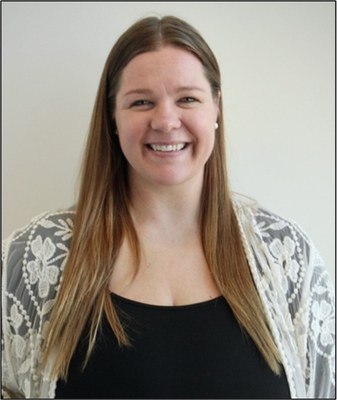Alexandra Nail, Ph.D.
ABOUT DR. NAIL

Dr. Alexandra Nail is a NIH K99/R00 Pathway to Independence Award recipient from the National Institute of Environmental Health Sciences (NIEHS). She currently works in the laboratory of Dr. J. Christopher States; her work focuses on understanding how environmental exposure to heavy metals, specifically cadmium, promote triple-negative breast cancer by disruption of DNA double-strand break repair and signaling. Dr. Nail is aiming to start a tenure-track faculty position by July 2026.
Prior to her work on cadmium and breast cancer, Dr. Nail was funded by the American Cancer Society (ACS). Her ACS postdoctoral fellowship work focused on elucidating whether heavy metal exposure promoted skin and lung cancers by disruption of DNA double-strand break repair and signaling. Before her work as an ACS postdoctoral fellow, Dr. Nail received funding from the University of Louisville NIEHS T32 Training Program in environmental health sciences.She earned her PhD in Microbiology from the University of Kentucky in 2019; her dissertation work focused on determining post-transcriptional regulation of sex-dependent genes in the liver and determining when gene expansions occurred during chordate evolution. Dr. Nail is originally from Montana and received her MS and BS degrees from Morehead State University where she received a full-ride athletic scholarship to play Division 1 softball as a pitcher (maiden name Gjevre).
Dr. Nail’s research interests and goals include:
- Environmental Carcinogens & Cancer Risk – Investigating how pollutants and environmental toxins promote breast cancer by genetic or epigenetic changes
- Molecular Mechanisms of Cancer Progression – Determining how specific molecular pathways are affected by environmental exposures and how that impacts breast cancer initiation or metastasis
- Prevention & Early Detection – Exploring biomarkers linked to environmental exposure and cancer risk, potentially leading to better screening tools
- Therapeutic Approaches – Examining how molecular biology can inform treatments, especially targeting environmentally-driven pathogenic mutations
Dr. Nail with her postdoctoral mentor, Dr. Chris States (Far left), and his lab at dinner in San Diego.
